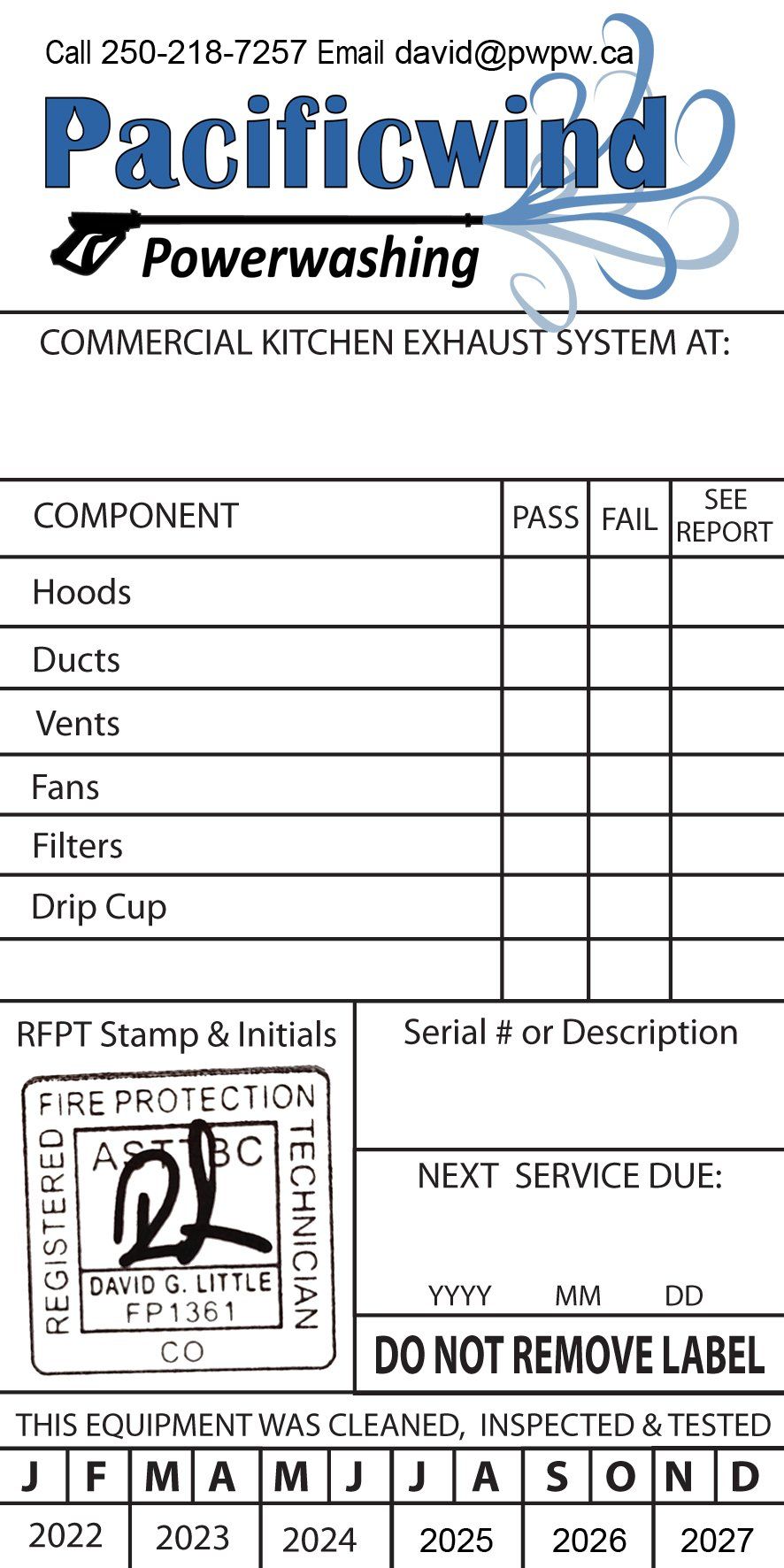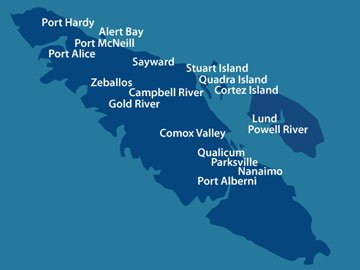Kitchen Exhaust Systems
What is an Exhaust System?
-
Why is the Exhaust cleaning so important?
The Exhaust System is an integral part of your kitchen, its only purpose is to remove the hot exhaust gases that are created when you cook. While its purpose is simple, its proper maintenance is not.
When food products are heated, natural oils and fats are released onto the cooking surface and mix with any oils or lards that are used by your chef. This oily by product of cooking vaporizes and gets drawn into your exhaust system.
The grease filters will trap as much as 70% of this air born grease, but much of this grease gets drawn through the filters and attaches itself to the walls of the exhaust duct (flue) and the blades of the exhaust fan.
-
Are there dangers I should know?
If a flash fire occurs within the filters or the area immediately behind the filters (called the Plenum) the automatic fire system will automatically discharge and put out the fire. However, if the fire is above the sensing devices of the automatic fire system, then it is a job for your local fire department.
The average response time in a metropolitan area for the fire department to arrive is 6 minutes.
-
Exactly what does my company do for a Restaurant owner?
Obviously, we clean Exhaust Systems (flue, fan and hood).
Steam Cleaning takes a large amount of setup work and takes longer to do the actual service, but because of the high-pressure hot water, this provides a much more thorough cleaning job. It is the best way to clean exhaust systems.
How often should the exhaust system be cleaned?
The service intervals vary depending on the type and volume of cooking. The regular maintenance of a restaurant kitchen exhaust system is one of the most overlooked items in a commercial kitchen. By keeping these systems working at their best, you will evacuate the smoke and grease out of the building and have a cleaner and cooler and healthier kitchen to work in and reduce the chances of a serious fire.
-
Frequency of cleaning?
The average restaurant should be cleaned every three months. If the restaurant does a large amount of fast food cooking or char-broiling, that frequency could go up to as much as once a month. Most large fast-food chains are cleaned monthly. But again, the frequency is always dependent on the volume of cooking. There may be times in the high seasons that the frequency needs to increase.
-
The "complete" Job?
The next most important question is, are you getting a complete cleaning of your entire exhaust system? Most restaurants are not.
Often owners think that they are getting their entire system cleaned and only find out what they have been receiving is merely a "Hood Washing" service. This is partially since most of the system is "out of sight, out of mind" sort of job. Additionally, checking the work is difficult, most systems were not designed for maintenance and some owners/managers may not know where the exhaust system goes. So, knowing your system will help you in checking up on the job that you paid for to be done.
If you think you may have an exhaust problem, have it checked and repaired by a professional. You'll save money, protect your assets and enjoy peace of mind. Hood fan cleaning on Vancouver island for over 20 years.
Get a free quote
Contact Us
We will get back to you as soon as possible.
Please try again later.

If you don't see this exact industry standard stamped dated sticker you are not up to code.
Hire a professional who is a Certified and Registered Technician and
has an up to date membership with the
Applied Science Technologist & Technicians of British Columbia. You'll save money & gain peace of mind.
All kitchen exhaust systems are cleaned and inspected to meet or exceed (NFPA #96) National Fire Law Standards and Codes.
Have a tough job in mind?
We're available and we have the expertise you need.
Professional Inspections
Professional assessment
Upon completion of the cleaning, we will post a "Certificate of Performance" sticker on the Kitchen Hood to meet the new NFPA requirement. This Certificate will show the Date of Service and the next Due Date. We also will make out a report on the system stating any deficiency and any inaccessible areas. We work closely with all local Fire Departments.
Quick & Reliable
Reach us via contact form, email or telephone
Location
1612 Hudson Rd. Comox BC V9M 4C7
All Rights Reserved | Pacificwind Powerwashing Privacy Policy - Disclaimer


